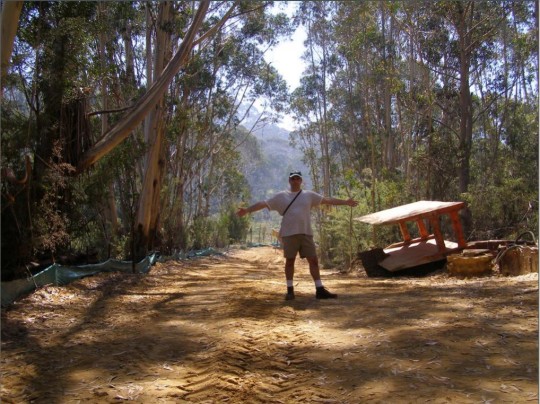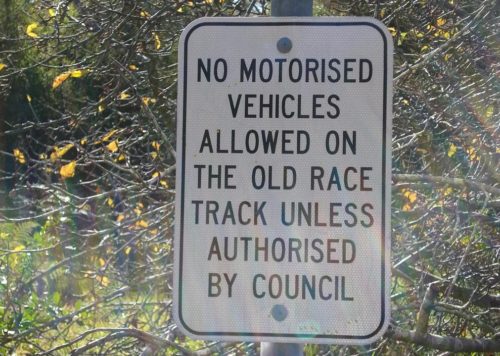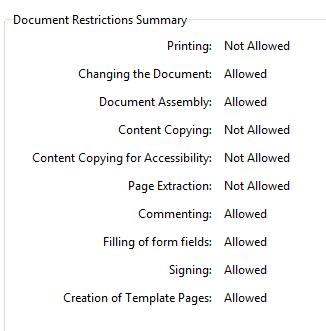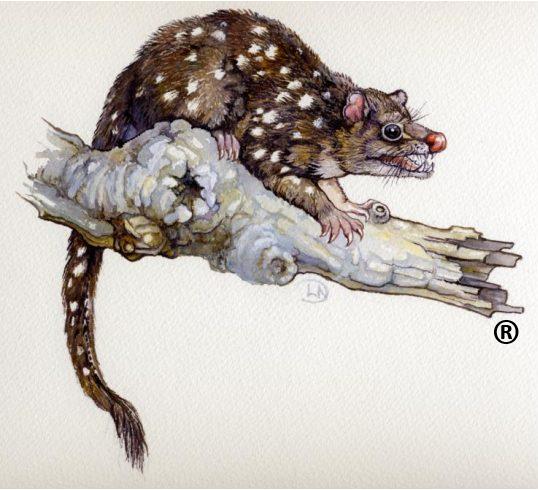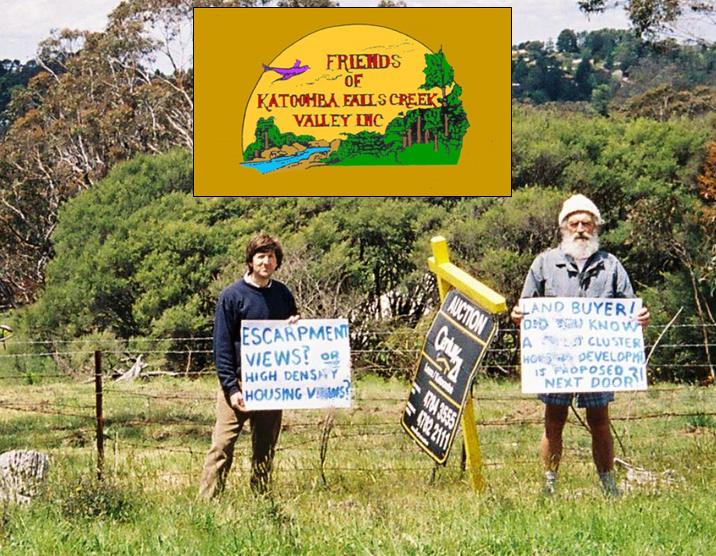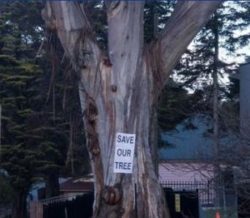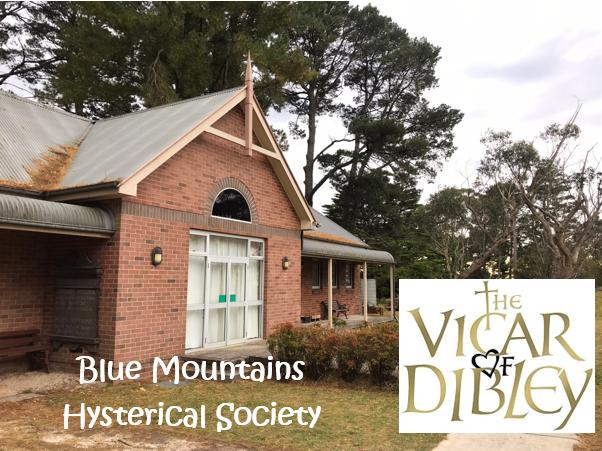Friends of Katoomba Falls ‘On The Receiving End’
Saturday, May 6th, 2017A brief insight into ‘The Friends of Katoomba Falls Creek Valley Inc.’ and their efforts to protect a special place.
“Gain a short, little known insight into a small group of thoughtful, committed citizens who came together led by the late Neil Stuart to become guardians of a very special natural valley in the Upper Blue Mountains. Learn about the wealth of stories, how over 26 years locals cared for the valley’s integrity, how volunteers committed to half a lifetime of unpaid bushcare, made and sold jam at street stalls to raise funds, and fought a council Goliath. Be shocked by the truth of what really happened in 1957 and the lifetime trauma to what was once an harmonious yet socially marginalised community subsisting on Katoomba’s fringe.
This is of living contemporary social history. This is a controversial expose into one group’s community volunteerism, activism, environmentalism and nimbyism and social justice – thousands of hours given up to save ‘Katoomba Falls Creek Valley’, known by some as ‘The Gully’, known by others as ‘Catalina Raceway’.
This is very much an Australian story, a microcosm of Australian history and pre-history – one locally as rich as it is beautiful yet very sad. It has impacted upon dozens of locals, old families and their ancestors. It is a story about respecting the natural, anthropological and community values of one valley. Recent history became complex, protracted and nasty – involving displacement, forced eviction, invasion, desecration, secret deals, politics, animosities, divide-and-conquer manipulation, empty political promises, conflicting interests, threats and designs by influential millions, the various meetings, many plans of development (some silly), token consultation, one of metaphorically trying to herd cats and twenty six years of community emotional snakes and ladders.
This presentation was delivered by a former member of ‘The Friends’ yesterday at Hobby Reach, Wentworth Falls, the home of the Blue Mountains Historical Society Inc.
For those who attended and requested the reading of the poem…
